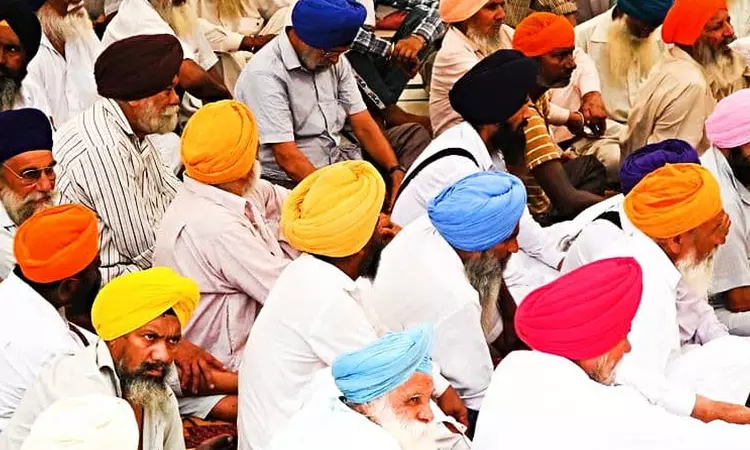US Federal Court Allows Sikh Recruits to Wear Unshorn Hair and Beards in Marine Corps' Boot Camp
Awstika Das
29 Dec 2022 8:27 PM IST

A U.S. court has ordered the Marine Corps to allow Sikh recruits with unshorn hair and beards to begin basic training.
Next Story


